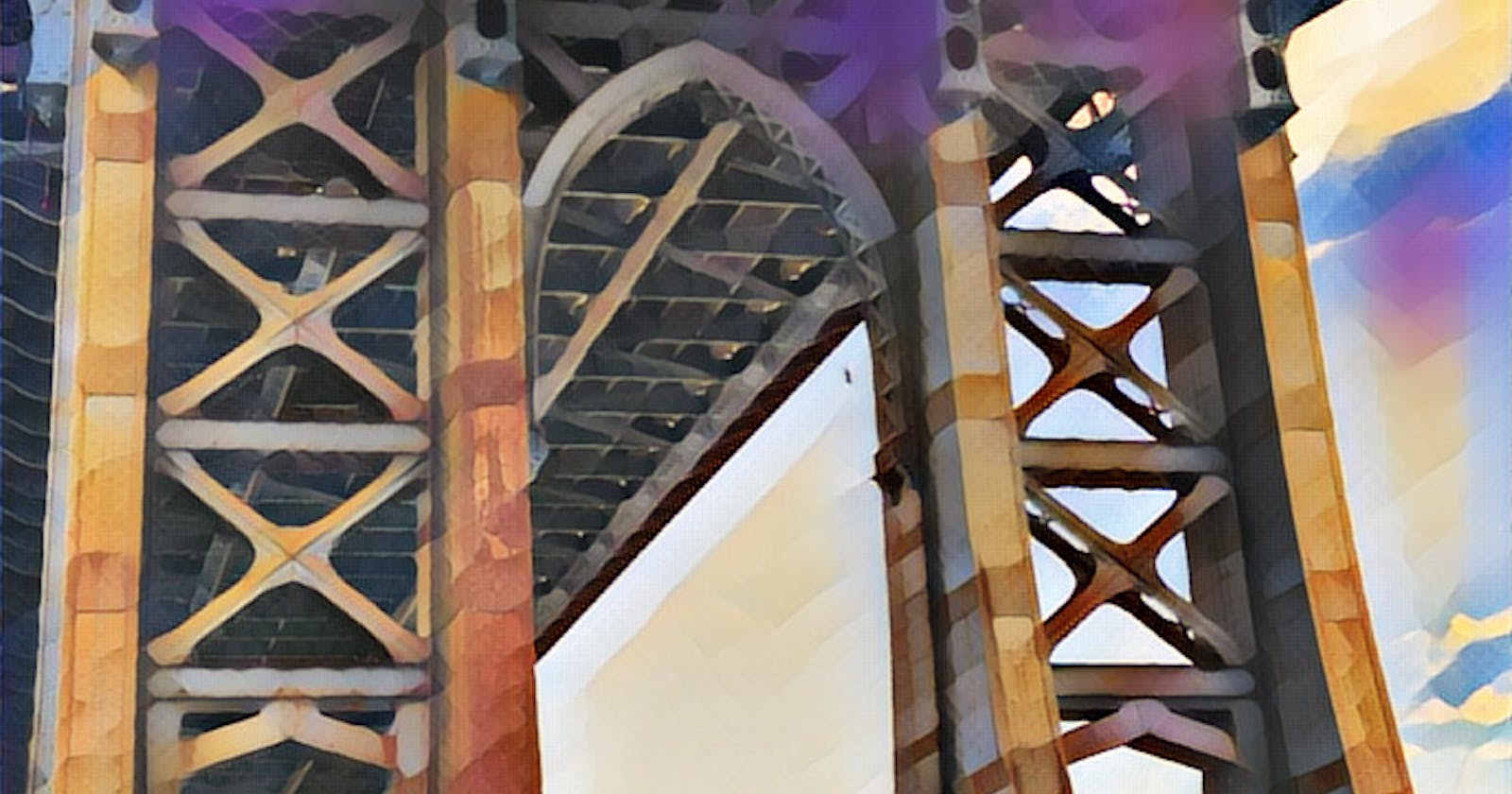The Dangers of Censorship in Web3 and the Need for Blockchain Truth Machines
Developers will either save us from censorship or deliver us to it
As a backend developer working in the Web3 space, I've witnessed firsthand the incredible potential of blockchain technology to revolutionize the way we interact with the internet and each other. However, I've also become increasingly concerned about the growing threat of censorship from governments around the world. In this article, I want to reach out to my fellow developers and engineers to warn of these dangers and to highlight the importance of building blockchain-based "truth machines" to ensure a stable internet and better data for users.
The Rise of Censorship in the Digital Age
In recent years, we've seen a worrying trend of governments around the world cracking down on free speech and expression online. From China's "Great Firewall" to Russia's attempts to control the flow of information during the Ukraine war, censorship has become a global phenomenon. And it's not just authoritarian regimes that are guilty of this – even so-called "democratic" countries have been known to engage in censorship, often under the guise of national security or preventing the spread of "fake news." America being a prime example of how a government will censor, and then gaslight their citizens into believing they are not censoring, but protecting their citizens. The mainstream media complicit in the attempts the hide truth from society, fearing regular people cannot handle hard truths, but rather polite lies. Right…
This trend is particularly concerning for those of us working in the Web3 space, where decentralization and the free flow of information are core values. As more and more of our lives move online, the ability of governments to control and censor what we see and say becomes increasingly powerful. And with the rise of AI and machine learning, the tools for censorship are becoming more sophisticated and harder to detect.
The Promise of Blockchain Truth Machines
But there is hope. Blockchain technology offers a powerful antidote to the threat of censorship. By creating decentralized, tamper-proof networks that are resistant to control by any single entity, blockchain has the potential to create a new kind of "truth machine" that can help ensure the integrity and reliability of online information.
At its core, a blockchain truth machine is a distributed database that records transactions and other data in a way that is transparent, secure, and resistant to tampering. By using cryptography and consensus mechanisms, blockchain networks can create a single, authoritative record of events that is maintained by a network of nodes rather than a central authority.
This has huge implications for the fight against censorship. By storing data on a blockchain, we can create a permanent, immutable record that is resistant to deletion or alteration by any single entity, including governments. And by using decentralized applications (dApps) and smart contracts, we can build new kinds of online services and platforms that are resistant to censorship and control.
Building a Better, More Free Internet with Blockchain
As developers and engineers, we have a responsibility to help build this better, more resilient internet. By embracing blockchain technology and using it to create decentralized truth machines, we can help ensure that the internet remains a free and open space for the exchange of ideas and information.
Of course, building blockchain-based systems is not without its challenges. There are technical hurdles to overcome, such as scalability, interoperability, and user experience. And there are also regulatory and legal issues to navigate, as governments grapple with how to approach this new technology.
But I believe that the potential benefits of blockchain truth machines far outweigh the challenges. By creating a more secure, transparent, and resilient internet, we can help protect the rights and freedoms of users around the world. And by providing better, more reliable data to users, we can help build a more informed and engaged global community.
So let's get to work because there is much to be done, from building to educating users. An informed and educated public will help us achieve things not yet imagined. Let's embrace the power of blockchain technology and use it to create the truth machines that will power the next generation of the internet. Let's build a better, more resilient web that is resistant to censorship and control. And let's do it together, as a community of developers and engineers who are committed to the values of freedom, transparency, and decentralization.
Developers and Engineers will either save us from censorship -- or bad acting developers and engineers will deliver us into more of a police state. It's up to us.

